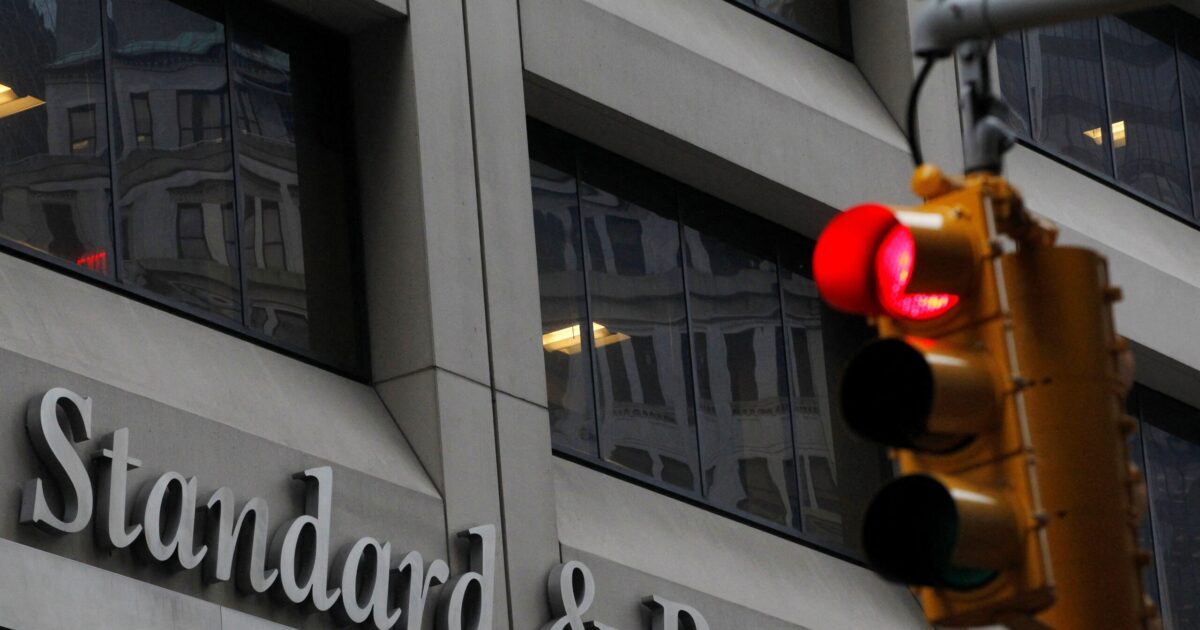The “green light” for the premature repayment of the loans of the first memorandum planned by the Greek Government was indirectly lit.S&P).
According to international house analysts in the context of online information, the reduction of Greek State (pillow) cash will not affect the country’s credit rating or the prospect of upgrading as this development does not exacerbate its 20% reduction.
At the same time the international house which, although on April 18 kept the prospect of the Greek economy as “constant” By upgrading only the country’s credit rating to BBB/A2, it today left a “scratch” open for a further upgrade of the Greek economy, providing improving external imbalances.
It is recalled that during the recent upgrade S&P had stated that “the international imbalances of the Greek economy are a deterrent to further upgrading. However, answering a question today, executives of the International House pointed out that they provided by 2026 the reduction of the country’s foreign trade balance deficit, which reflects the country’s external imbalances in question.
In addition, as they pointed out, the limited report of the Greek economy in the US is an additional positive factor as it limits the negative effects after the imposition of duties by the Trump government.
Concerning the repayment of the loans of the first memorandums, which is estimated to be partly funded by the State’s current available – which according to public debt management data was € 40.1 billion at the end of the first quarter of 2025 – it is recalled that Greece was recently reminded that recently that Greece was renounced that Rescue program 10 years earlier than planned, a move that is expected to significantly lighten the country’s future debt.
According to the existing timetable, the latest repayment of these loans was scheduled for 2041, but the government now wants to pay the entire amount by 2031, according to recently Mr Pierrakakis.
Positive the prospect of banks
S&P today was positive about the profitability of Greek banks today, recalling that two of them (National and Eurobank) already have the so -called investment level. As highlighted, Greek banks have improved the quality of their assets and are making efforts to do the same for their own funds.
As its analysts have pointed out, it is encouraging that Greek banks are looking for ways to make up for the loss of interest from interest revenue after interest rates. Special mention was made of the moves made by Alpha Bank by buying Astrobank and Eurobank the Hellenic Bank in an attempt to geographically differentiate revenue sources.
Special mention was made of the acquisition of Axia Ventrures by Alpha Bank, which reflects the Bank’s pursuit of expanding its investment capabilities. As well as the apparent expansion of banks to the market for banking, citing the acquisition of National Insurance by Piraeus Bank and CNP Assurance by Eurobank.
However, S&P analysts expressed their reflection on the over -indebtedness of Greek households, recalling that the “red” loans that have passed to Servicers reach 75 billion euros.
However, they provide that the percentage of Greek banks’ ‘red’ loans will be further reduced to 2.5% to 3% by 2026.
